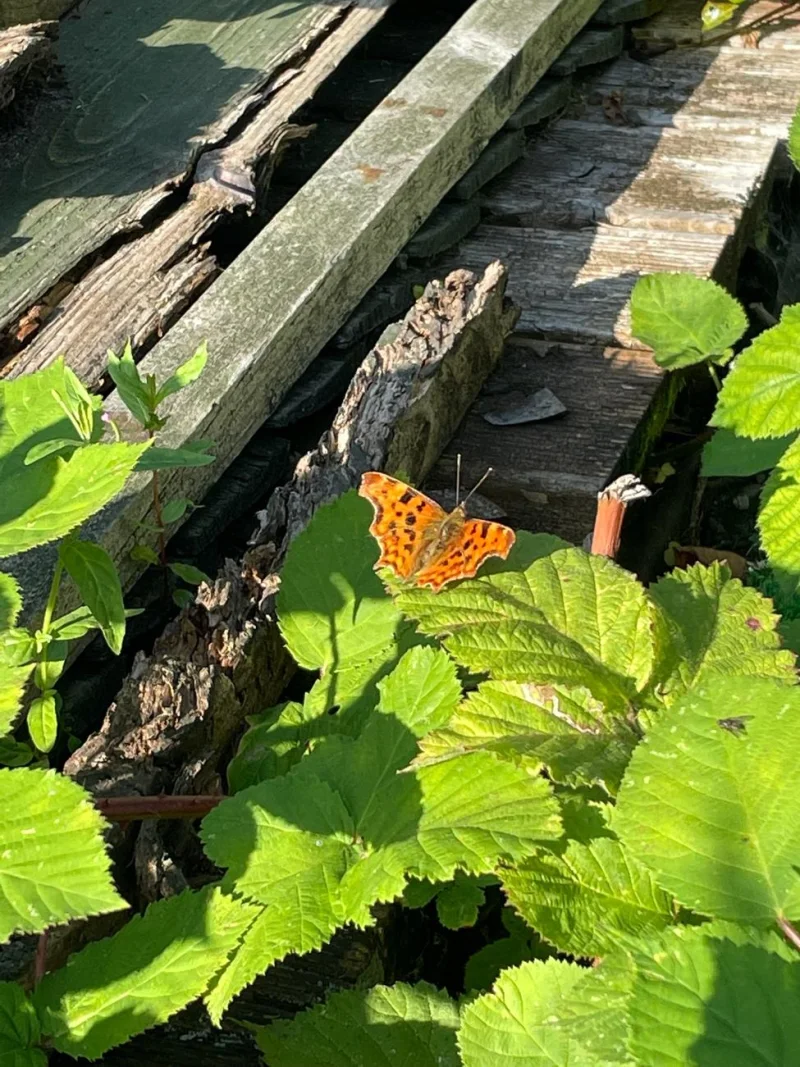Researchers call for East London communities to map nature spots
New research at Queen Mary University of London is asking for local residents’ help to understand how nature can thrive in Walthamstow.

Walthamstow Wetlands (credit: Blue GreenE17)
Researchers on Queen Mary’s “Blue Green E17” project are looking into how the local area can benefit from ‘rewilding’: a radical nature-led approach to conservation that returns land to its wild state, including by reintroducing native animal species. Evidence suggests rewilding can help reverse the decline of biodiversity and respond to the climate emergency, but so far it has mainly been used in rural parts of the UK and the Queen Mary team wants to see how it can work in the city.
This new project will see Queen Mary’s environmental scientists and urban geographers working with local communities and organisations to build a map of blue (bodies of water) and green (plants and trees) spaces in Walthamstow. Residents can join the research team’s photo mapping survey by submitting pictures of local natural spots they feel connected to, and sharing their ideas for a wilder Walthamstow – which researchers hope will influence local environmental policy.
All E17 residents aged 18 and over can take part in the research, although family submissions on behalf of children are encouraged. The survey is open for public responses until Friday 15 July at bit.ly/PhotoMappingBlueGreenE17.
Research lead and local resident Dr Gemma Harvey said: “One of the great things about Walthamstow, I often tell people from other parts of London, is its green spaces. The Wetlands, the River Lea, the Marshes, the parks and Epping Forest are all on the doorstep. It might be hard to imagine how the area could get any greener – but I, and others like me, have a plan to do just that.
“From the smallest green spaces to large parks and water courses, we need local residents’ input to create a wilder, greener Walthamstow that benefits both its people and its wildlife. Through our new research, we can better understand connections with and between our existing green and blue spaces, to help create a vision for how they might be enhanced in the future.”
Dr Alex Henshaw, Deputy Head of Queen Mary’s School of Geography, continued: “Studies have shown that making more space for nature in cities can improve residents’ physical and mental health, reduce air and noise pollution, increase biodiversity, and improve the resilience of urban environments to future climate change.
“New green and blue spaces have recently popped up in the area – ranging in scale from the Walthamstow Wetlands project to ‘parklets’ on top of parking spaces – and with local residents’ help, we want to see if this can go even further. We hope that, by creating this unique dataset, our research could influence future policy.”
Read more about the research and how to get involved at bit.ly/3OJ94Gz
ENDS
For more information on this release, or to speak with researchers at Queen Mary, please contact Lindsey Frodsham on L.Frodsham@qmul.ac.uk / 02078825093
Notes to editors
About Queen Mary University of London
At Queen Mary University of London, we believe that a diversity of ideas helps us achieve the previously unthinkable. Throughout our history, we’ve fostered social justice and improved lives through academic excellence – and we continue to live and breathe this spirit today, not because it’s simply ‘the right thing to do’ but for what it helps us achieve and the intellectual brilliance it delivers.
A member of the prestigious Russell Group, Queen Mary is a research-intensive university that connects minds worldwide. We work across the humanities and social sciences, medicine and dentistry, and science and engineering, with inspirational teaching directly informed by our world-leading research.
Our distinctive history stretching back to 1785 is built on four historic institutions (the London Hospital Medical College, St Bartholomew’s Medical College, Westfield College and Queen Mary College) with a shared vision to provide hope and opportunity for the less privileged or otherwise under-represented. Today, we remain true to that belief in opening the doors of opportunity for anyone with the potential to succeed and helping to build a future we can all be proud of.
Visit qmul.ac.uk to find out more.